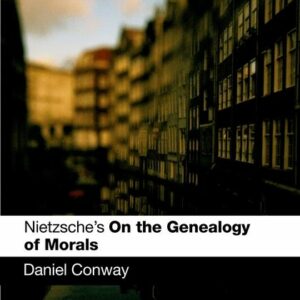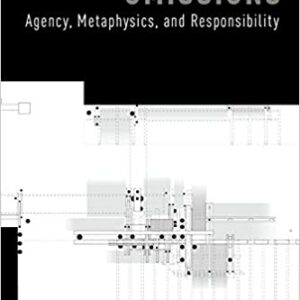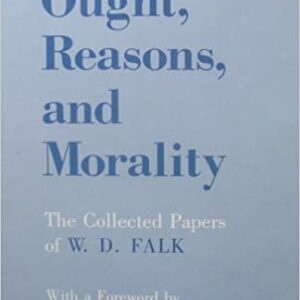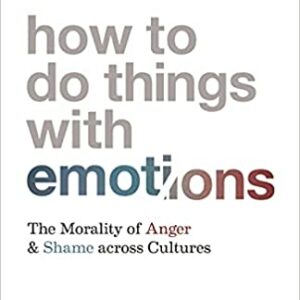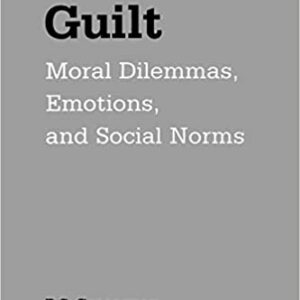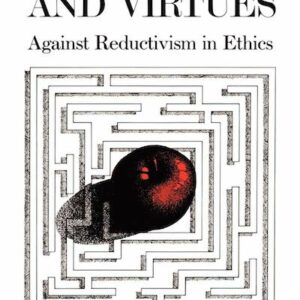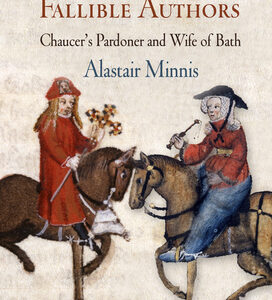
Fallible Authors: Chaucer’s Pardoner and Wife of Bath
By Alastair Minnis (NHC Fellow, 2005–06) Can an outrageously immoral man or a scandalous woman teach morality or lead people to virtue? Does personal fallibility devalue one's words and deeds? Is it possible to separate the private from the public, to segregate individual failing from official function? Chaucer addressed these perennial issues through two problematic … Continued
